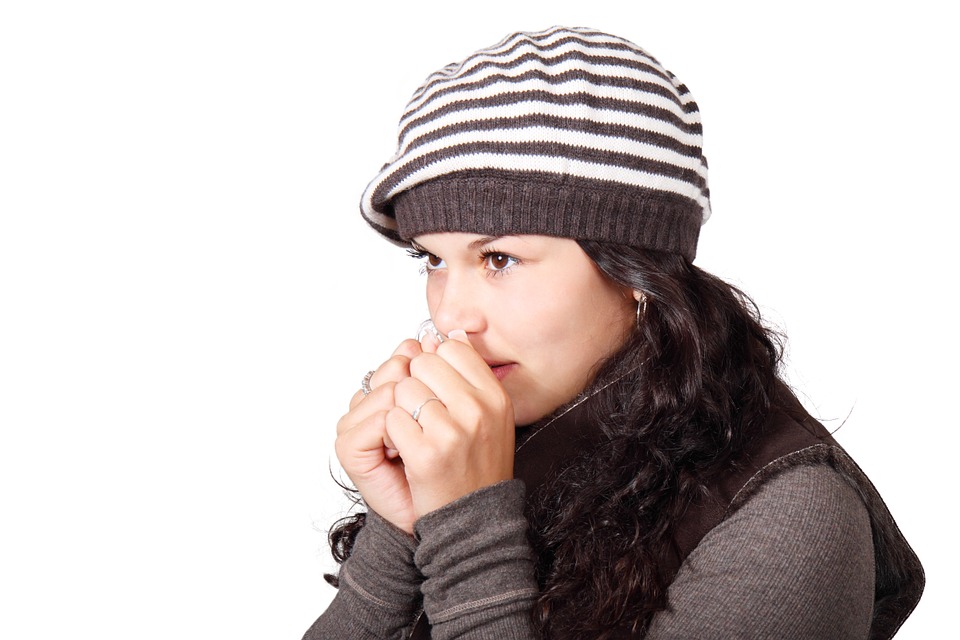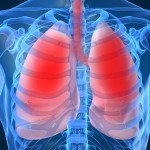Symptoms of bronchiectasis
The most common symptom of bronchiectasis is a persistent cough that brings up a large amount of phlegm on a daily basis.
The phlegm can be clear, pale yellow or yellow-greenish in colour. Other people may only occasionally cough up small amounts of phlegm, or none at all.
Other symptoms may include:
wheezing
coughing up blood or blood-stained phlegm
joint pain
clubbing of the fingertips – the tissue beneath the nail thickens and the fingertips become rounded and bulbous
Signs of a lung infection
If you develop a lung infection, your symptoms usually get worse within a few days. This is known as an infective exacerbation and it can cause:
coughing up even more phlegm, which may be more green than usual or smell unpleasant
worsening shortness of breath
You may also:
feel very tired
cough up blood, if you haven’t already done so
experience a sharp chest pain that’s made worse when breathing (pleurisy)
feel generally unwell
When to seek medical advice
If you haven't previously been diagnosed with bronchiectasis and you develop a persistent cough, visit your GP for advice.
While persistent coughing may not necessarily be the result of bronchiectasis, it requires further investigation.
If you've been previously diagnosed with bronchiectasis and you begin to experience symptoms that suggest you have a lung infection, contact your GP. You'll usually need treatment with antibiotics.
Some people with bronchiectasis are given a stock of antibiotics as a precaution, in case they suddenly develop a lung infection.
When to seek immediate medical advice
Some people with bronchiectasis develop a severe lung infection that may need to be treated in hospital.
Signs and symptoms of serious lung infection include:
a bluish tinge to the skin and lips (cyanosis)
confusion
a high temperature of 38C (100.4F) or above
rapid breathing (more than 25 breaths a minute)
severe chest pain that makes it too painful to cough and clear your lungs
If you experience any of the above, phone the healthcare professional in charge of your care immediately. This may be your GP, a doctor who specialises in lung conditions (pulmonologist) or a specialist nurse.

